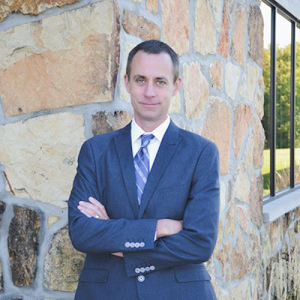Helping Your Family Transition by Having A Will
A will is a legally binding written document that allows you to make important decisions regarding your assets, your children’s guardianship, and more after your passing. If you have assets and specific wishes for their distribution, especially if you have minor children, creating a will is crucial.
Your Will Being Administered After Death in Wisconsin
Your will ensures your wishes are followed regarding financial matters, property, healthcare, and child-rearing if you become incapacitated or pass away. It allows you to maintain control over these decisions.
After your passing, your will is executed by a personal representative you appoint in the document. This person handles tasks such as bill payment, tax matters, and distributing your assets as per your instructions.
Consequences of Not Having a Will For Your Family
Dying without a will, known as dying intestate, means that the court decides how your assets are distributed. Typically, your surviving spouse or registered domestic partner inherits the bulk of your estate. However, if you have children from outside your current marriage, distribution becomes more complex. In cases where no spouse, partner, or surviving children exist, your estate goes to other surviving relatives, following a specific order set by state law. You may not agree to your estate being divided this way – which is why you want a will drafted.
Ensuring Your Will is Thorough and Most Importantly Valid
A valid will must be in writing, signed, and dated by the testator (the person creating the will). Additionally, at least two witnesses must also sign the will. Witnesses should not be beneficiaries or potential heirs to ensure impartiality.
You can create your own will, as long as it adheres to the legal requirements. However, seeking legal advice is recommended to ensure your will accurately reflects your intentions and is legally enforceable. You can make changes to your will by creating a new one, which automatically replaces the old will.
Alternatively, you can add a codicil, which is a supplement to your existing will, but it must meet the same legal requirements as a will. Store your will in a secure place, such as a safe deposit box or with the register in probate for your county. Ensure your appointed personal representative knows its location.
Changing and Safeguarding Your Will in Wisconsin
You can make changes to your will by creating a new one, which automatically replaces the old will. Alternatively, you can add a codicil, which is a supplement to your existing will, but it must meet the same legal requirements as a will.
Store your will in a secure place, such as a safe deposit box or with the register in probate for your county. Ensure your appointed personal representative knows its location.
Personalized Guidance is a Call Away
Creating a will is a significant decision that impacts your family’s future. Whether you’re considering your first will or need to update an existing one, it’s essential to ensure it accurately reflects your intentions and adheres to legal requirements. At Dahlberg Law Group, our experienced team can guide you through the process of creating a will that protects your assets, secures your children’s future, and provides you with peace of mind. Our legal experts will work closely with you to understand your unique circumstances and preferences, ensuring your will stand up to legal scrutiny. If you’re ready to take the important step of crafting your will or need assistance with estate planning, please don’t hesitate to reach out to us. Contact our team today, and let us help you secure your family’s transition for the future.




























